PokerStars is now offering players a chance to sharpen their skills with site ambassador Lex Veldhuis. The new “Level Up… Continue reading Poker Sensei: ‘Level Up With Lex’ Offers PokerStars Players Some Personal Coaching From a Pro
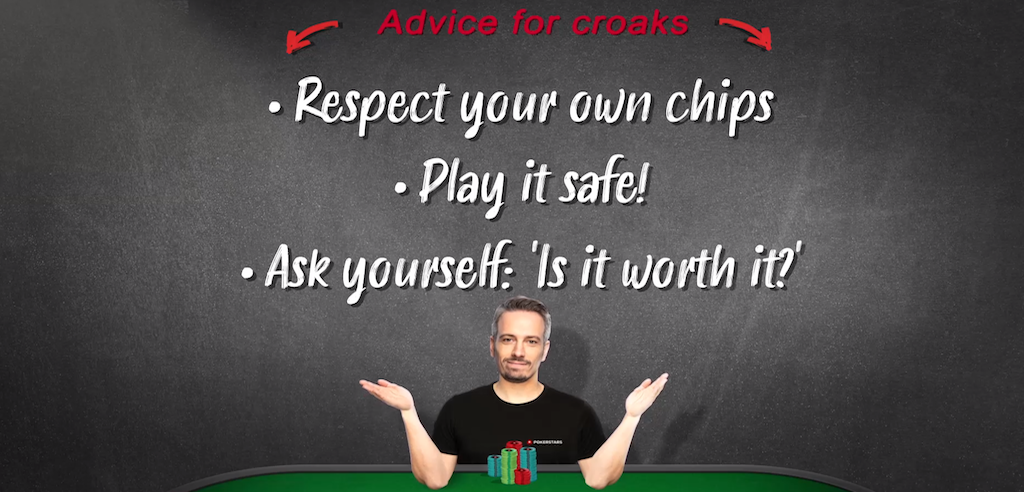

PokerStars is now offering players a chance to sharpen their skills with site ambassador Lex Veldhuis. The new “Level Up… Continue reading Poker Sensei: ‘Level Up With Lex’ Offers PokerStars Players Some Personal Coaching From a Pro

Fresh off adding Argentinian freestyle rapper Papo MC, PokerStars announced another signing on Friday. German poker pro Benjamin “BenCB” Rolle… Continue reading PokerStars Adds German Pro Benjamin Rolle, Deal With ‘Raise Your Edge’ Training Site
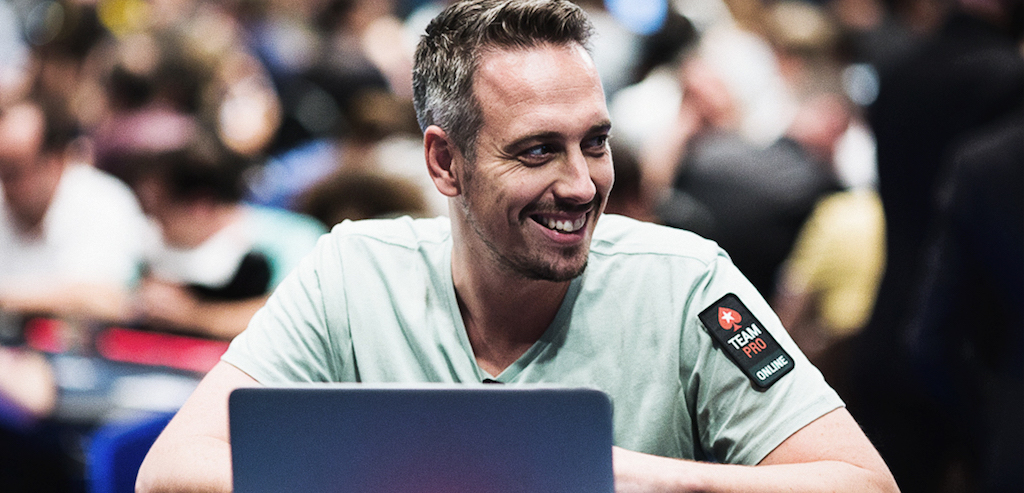
The “Lex Not Live” tournament series continues through the weekend at PokerStars with buy-ins ranging from $11 to $55. The… Continue reading ONLINE POKER STRATEGY: Advice from PokerStars Streamer and Series Host Lex Veldhuis
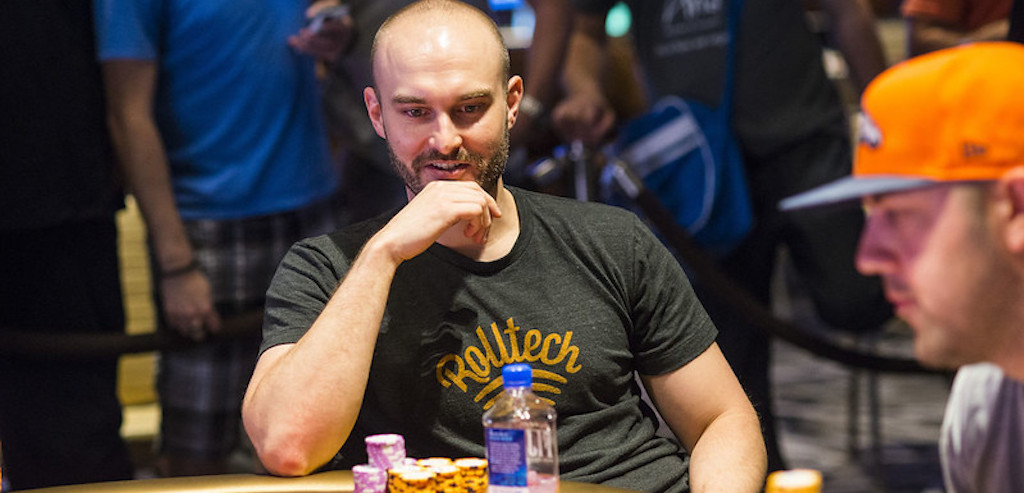
The poker film The Cincinnati Kid features a quick scene where the main character is preparing for the big game.… Continue reading Ba Da Bing: Nick Binger Talks Solvers, Poker Strategy, and Becoming a Better Player
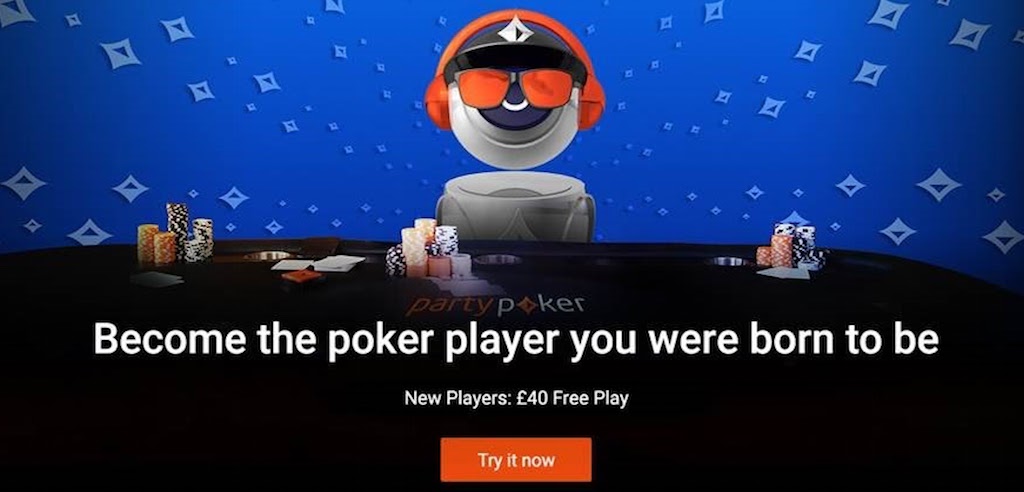
What player hasn’t made a mistake at the table and wished things had gone differently? Partypoker is hoping to help… Continue reading Partypoker MyGame ‘Whiz’ Aims to Help Players Improve, Attract New Players to Game
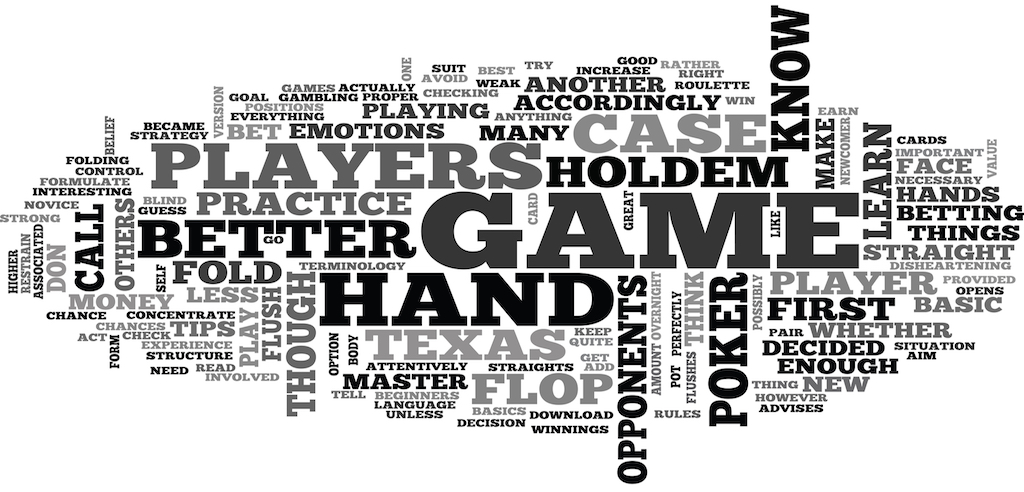
Poker streamer Kevin Martin manned the microphone for the first week of action between Daniel Negreanu and Doug Polk. Providing… Continue reading ONLINE POKER QUICK TIPS: Working on Your Game With GGPoker’s Kevin Martin